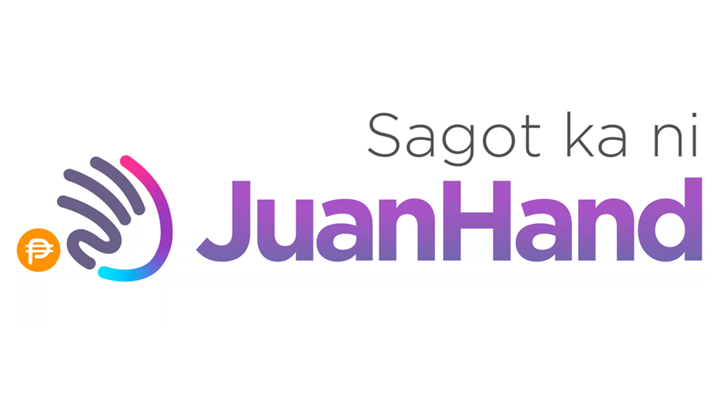
Despite significant digital advancements, nearly half of Filipino adults remain unbanked, and 76% of loans still go to large corporations which leaves small business owners, informal workers, and rural communities underserved. While technology is no longer the barrier, trust, usability, and data that truly reflect the lived realities of Filipino borrowers remain lacking.
Artificial intelligence (AI) is helping to bridge this gap by leveraging alternative data, like utility payments, e-commerce activity, and social media behavior, to enable faster, smarter, and more inclusive credit assessments. Citing the Bangko Sentral ng Pilipinas (BSP), the Alliance for Financial Inclusion (AFI) highlights alternative data as a strategic priority in advancing financial access nationwide, and lending platforms like JuanHand are implementing this vision. It utilizes AI to expand access to credit for millions of Filipinos traditionally excluded from the formal financial system.
AI at the Core of Inclusive Lending
JuanHand is one of the financial companies that helps close access gaps through bold, AI-powered innovation. As the Philippine arm of NYSE-listed FinVolution Group, it leverages a proprietary AI engine refined through years in China’s high-volume fintech market to assess creditworthiness using alternative data. The process is fast and accessible: with just one valid ID, approval can come in as little as five minutes. AI drives nearly every step of the lending cycle, from credit scoring and risk assessment to achieving 99% effective fraud detection and customer acquisition. Deep learning further strengthens the system by analyzing unstructured data, such as text from customer support interactions and app behavior, which doesn’t fit neatly into traditional databases but offers rich insights. This enables JuanHand to serve individuals previously overlooked by conventional credit models.
Its vision is to help ‘graduate’ borrowers from being nano-loan clients into mainstream bank customers. By using AI to track repayment behavior, credit activity, and user growth, JuanHand gradually increases loan limits for financially responsible users, helping them qualify for better terms and broader financial opportunities. It sees itself as a bridge, enabling borrowers to build their creditworthiness and eventually graduate into the formal financial system, delivering what it sees as true financial inclusion.
To support this vision, JuanHand has forged strategic partnerships with both traditional and digital banks, including Maya Bank, Netbank, and Security Bank, supporting wholesale funding and API-based customer onboarding for banks seeking to reach new segments.
Responsible Innovation, Meaningful Impact
JuanHand also upholds a strong commitment to responsible AI as it integrates explainability tools and adheres to global standards on data privacy and algorithmic fairness, ensuring that its automated decisions remain transparent, unbiased, and accountable. Behind the scenes, their technology continues to evolve. To date, JuanHand has disbursed over PHP 55 billion in nano-loans, empowering over 2.5 million first-time borrowers to join the formal financial ecosystem.
JuanHand has been expanding its product offerings to serve a broader range of borrowers, not only sub-prime clients with limited or poor credit histories, but also semi-prime and prime segments, who demonstrate stronger creditworthiness but may still face access barriers in traditional banking. This reflects how AI-driven credit assessment can adapt to varying risk profiles, enabling more inclusive lending while supporting long-term business sustainability.

